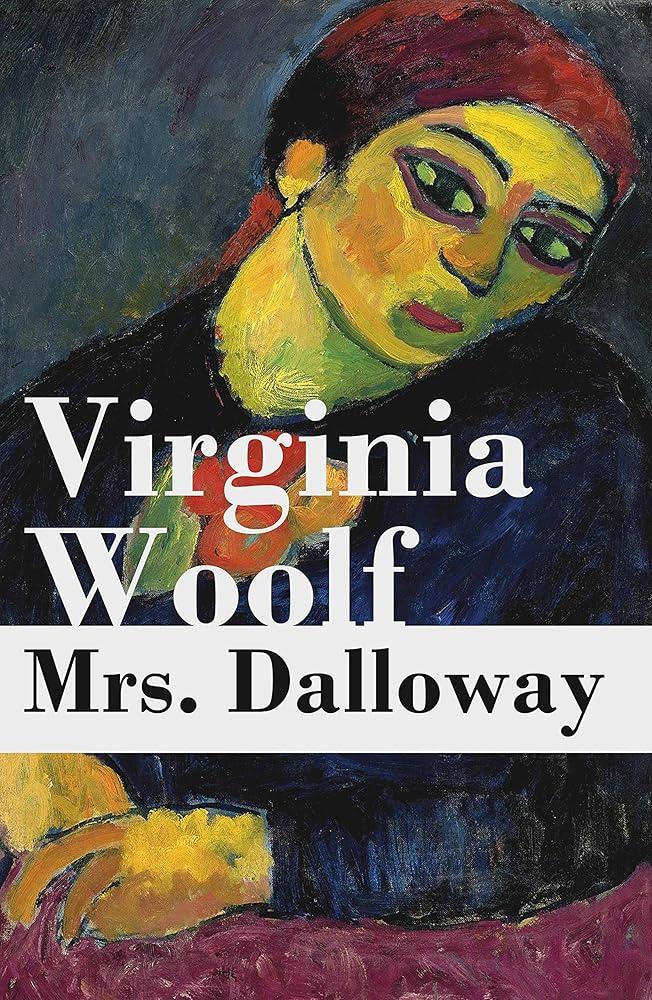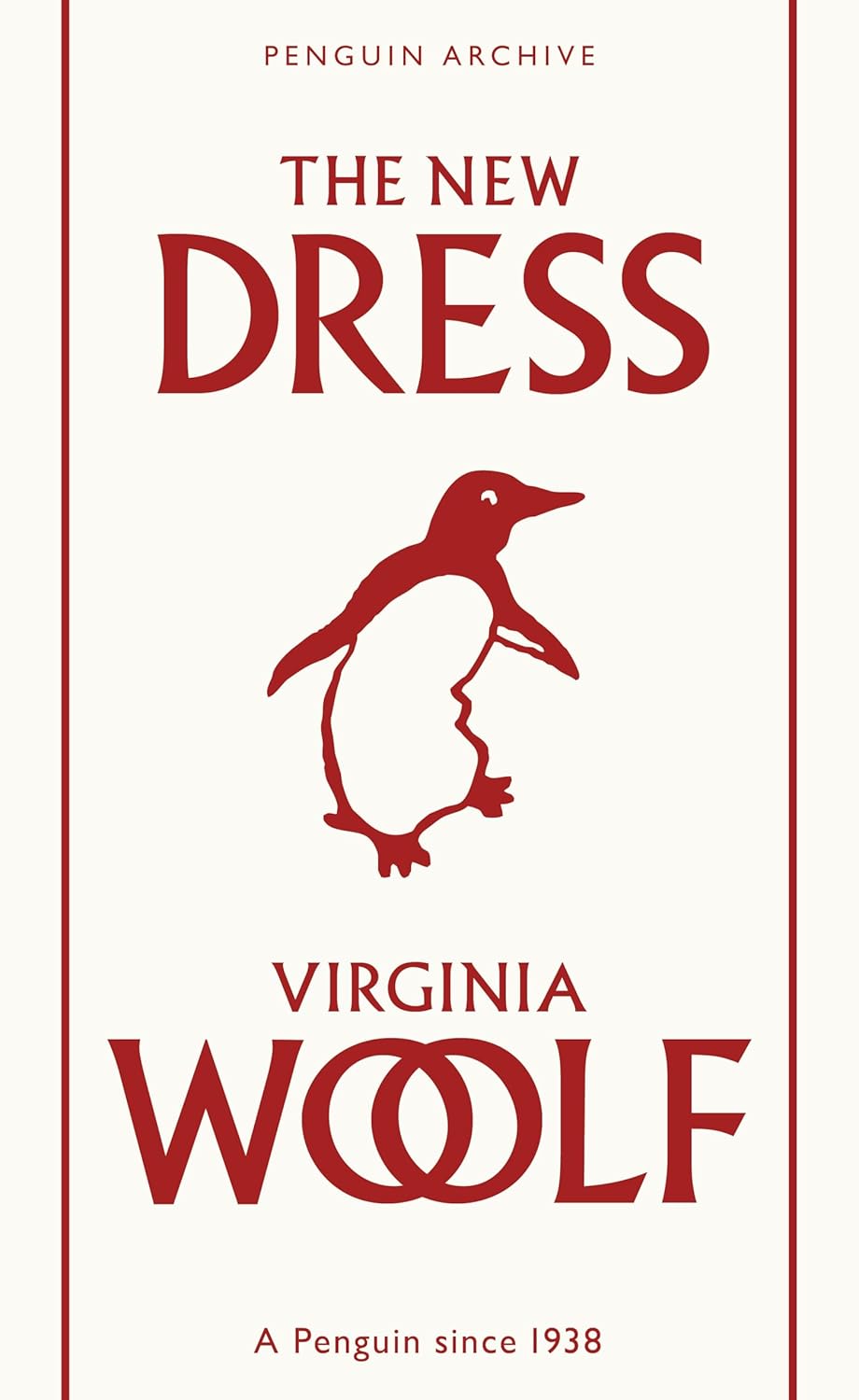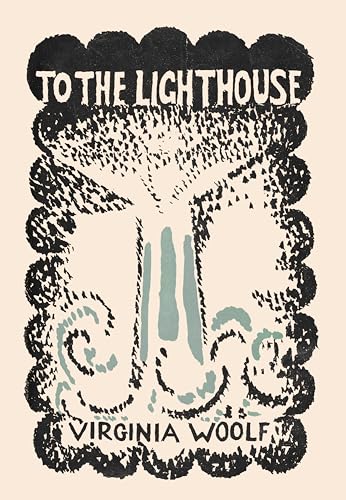'One of the most moving, revolutionary artworks of the twentieth century' Michael Cunningham Clarissa Dalloway, elegant and vivacious, is preparing for a party and remembering those she once loved. In another part of London, Septimus Warren Smith is suffering from shell-shock and on the brink of madness. Smith's day interweaves with that of Clarissa and her friends, their lives converging as the party reaches its glittering climax. Virginia Woolf's masterly novel, in which she perfected the interior monologue, brings past, present and future together on one momentous day in June 1923.
Virginia Woolf
Virginia Woolf was a prominent English writer and modernist literary figure. Known for her stream-of-consciousness writing style, she challenged traditional narrative structures and explored themes of gender, class, and mental health in her works. Some of her most notable works include "Mrs. Dalloway," "To the Lighthouse," and "Orlando." Woolf's contributions to literature include her innovative approach to character development and narrative technique, as well as her exploration of the inner lives of her characters. Her most famous work, "Mrs. Dalloway," is considered a masterpiece of modernist literature and a reflection of Woolf's unique literary voice. Woolf's impact on the literary genre is undeniable, as she paved the way for future generations of writers to experiment with form and style in their own works.








